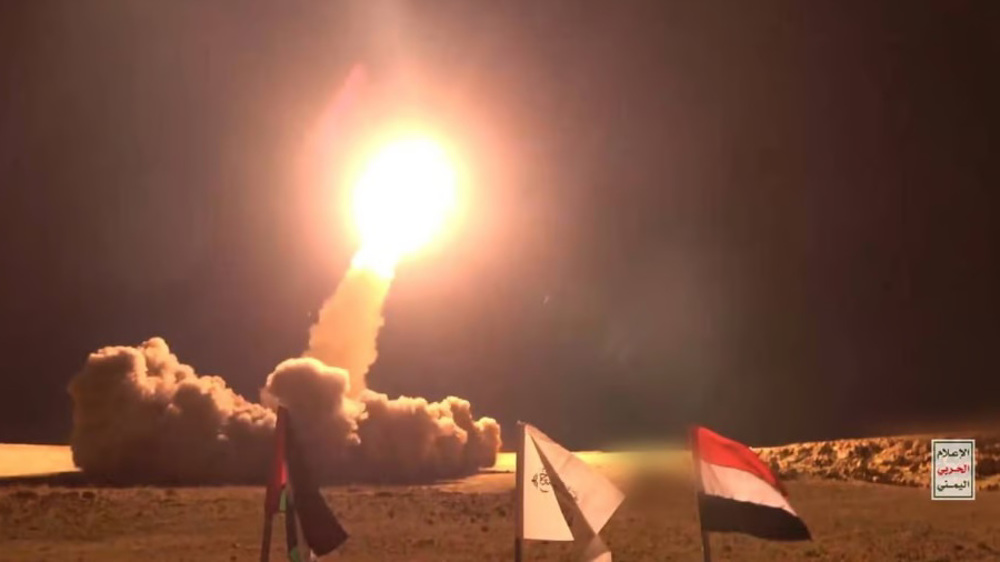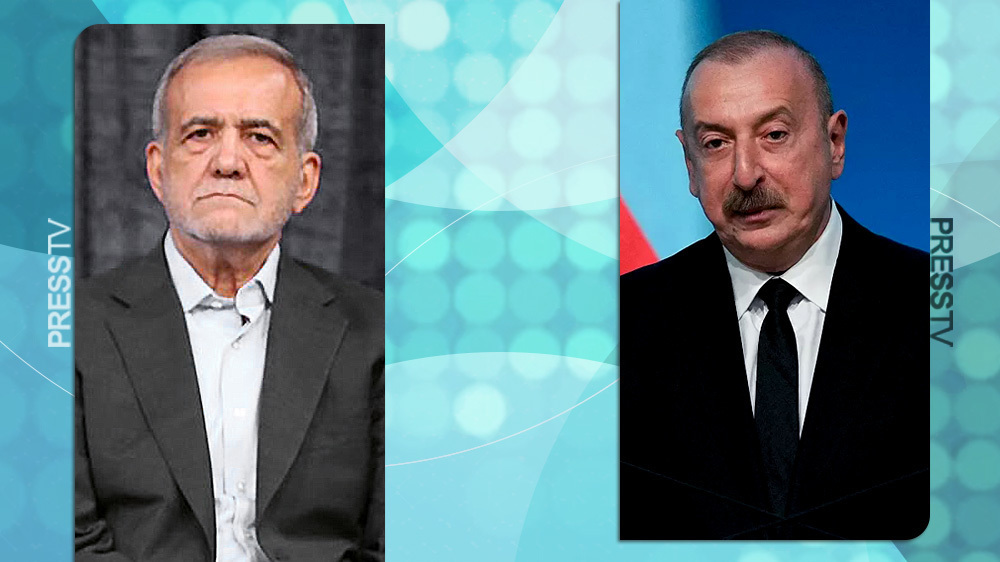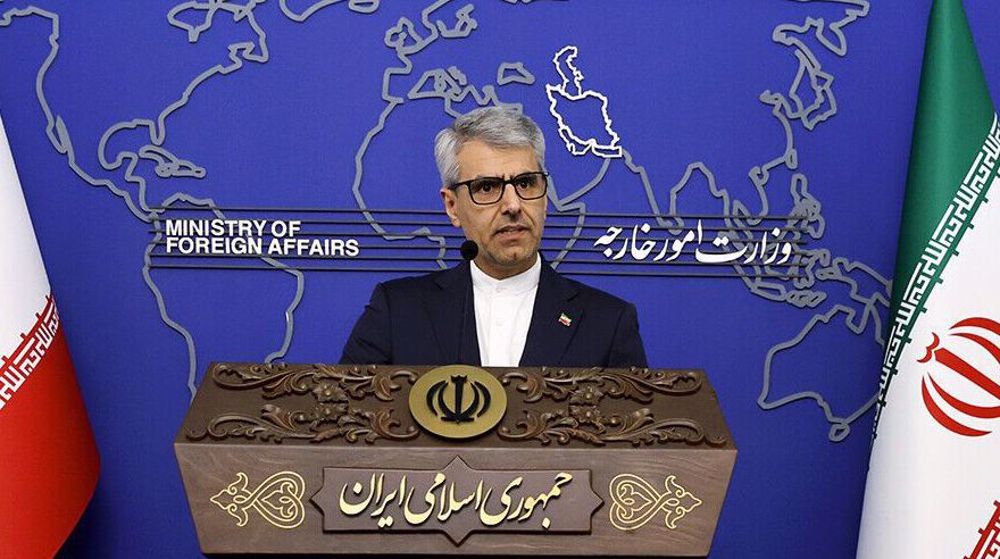President Assad, Iran diplomat stress need for non-interference in Syria’s constitutional talks
Syrian President Bashar al-Assad and a senior assistant to Iran's foreign minister in special political affairs have underlined the need for Syria’s Constitutional Committee to continue work without any foreign interference.
The Syrian leader received Iran’s Ali Asghar Khaji on Wednesday at the presidential palace in Damascus, where they discussed a range of issues, including the enhancement of “strategic” relations and bilateral economic cooperation in the face of the unilateral Western sanctions.
The two sides also discussed a number of political issues, including the Astana meetings, the progress made in the previous meetings and the agenda of the next meeting in the Russian resort city of Sochi scheduled for February 16-17.
The Astana format was initiated by Iran, Russia and Turkey to bring the warring sides in Syria together to find a permanent solution to the conflict in the Arab country. The peace process is known as the Astana process because Kazakhstan’s capital, Nur-Sultan, formerly called Astana, originally hosted the meetings.
In their Wednesday meeting, President Assad and Khaji also held consultations on the fifth meeting of the Constitutional Committee held in the Swiss city of Geneva late last month.
President Assad also appreciated Iran’s support for the Syrian people and government and underlined the need for constant coordination and consultations between Tehran and Damascus.
The Iranian official also briefed the Syrian president on Iran’s stances on the Astana format and the Constitutional Committee.
He also stressed the importance of continuing the work of the Astana mechanism as well as helping facilitate talks in the Constitutional Committee towards resolving the conflict in the Arab country.
Among Syrian officials present at the meeting were Bouthaina Shaaban, the political and media adviser to President Assad, and Deputy Foreign Minister Bashar al-Jaafari.
On the sidelines of the regular meeting of the constitutional committee in Geneva in late January, the three guarantors of the Astana format – Iran, Russia, Turkey – held a trilateral meeting, at the end of which, they issued a joint statement, reaffirming their readiness to support the committee’s work through continued interaction with the Syrian delegates and UN Special Envoy for Syria Geir Pedersen, as the facilitator, to ensure its sustainable and effective functioning.
The joint statement underlined the role that was being played by the Committee and its contribution to talks that take place within the Astana format. The three guarantors, therefore, stressed that the Committee must be allowed to further its progress without outside pressure and any imposed timetables so it can reach a conclusion that could be put to vote by the Syrian people.
The trio also "expressed their view that the work of the Constitutional Committee should be governed by a sense of compromise and constructive engagement without foreign interference and externally imposed timelines aimed at reaching general agreement of its members that would enable the outcome to receive the widest possible support by the Syrian people."
Palestine Action wins again
VIDEO | Palestinian Authority's blockade of Jenin refugee camp reaches third week
Dec. 25: ‘Axis of Resistance’ operations against Israeli occupation
Lavrov warns West against challenging Russia's resolve to defend interests
VIDEO | Press TV's news headlines
Yemen parl. condemns ‘shameful’ silence of Arab states on Israeli crimes in Gaza, Syria
VIDEO | Iran’s Christians mark Christmas with hopes for Gaza resolution
VIDEO | Syrians take to streets nationwide against shrine desecration; HTS militants fire on protesters











 This makes it easy to access the Press TV website
This makes it easy to access the Press TV website